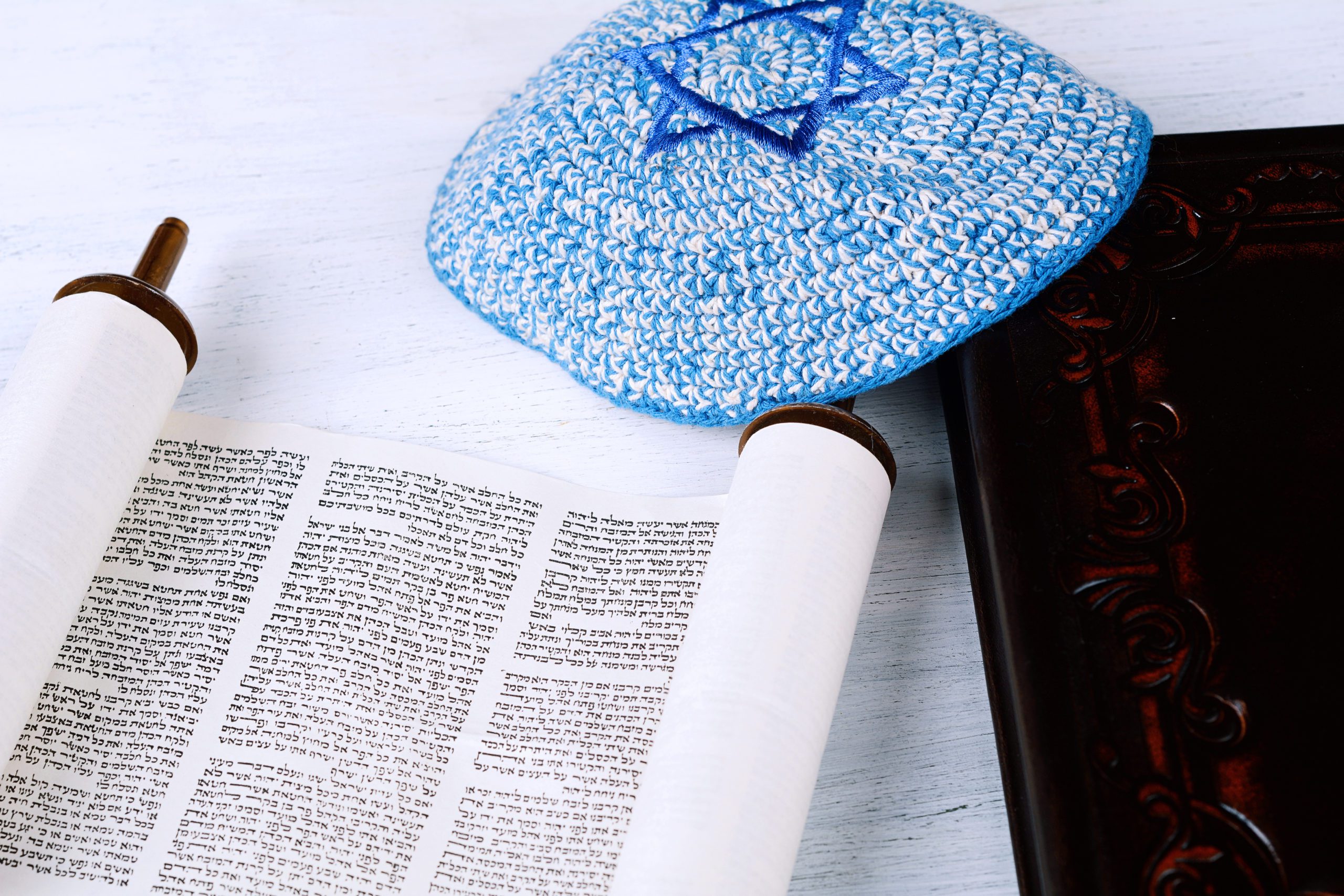For the record, Inneractions is completely non-denominational and celebrates all faiths. But that doesn’t mean that we can’t glean important insights from special holidays based on particular beliefs. For Judaism, this month of September signifies The High Holy Days including Rosh Hashanah (the “Jewish New Year”) and Yom Kippur (the “Day of Atonement”). For the purposes of this blog, we thought we’d focus on Yom Kippur and the inspiring way it can help people overcome guilt and shame.
The website Chabad.org did a nice job of summarizing the meaning behind this holy occurrence and highlighting its universal appeal. On this one day each year, practitioners are called upon to forgive and release whatever shameful feelings they’ve been carrying over the past 12 months.
Forgiveness is the point that Chabad writer Karen Wolfers-Rapaport zeroes in on, particularly the ability to forgive one’s self. As she puts it, this is one of the most difficult things for a person to do. In fact, it may even be harder than forgiving someone else who may have wronged you in the past.
“I have always found that the act of forgiving that can be quite challenging—in particular, forgiving oneself,” she writes. “If you have suffered due to someone’s action, forgiveness of others can be demanding. But there is something about forgiving yourself that can be fraught with resistance. Self-resentment likes to linger like the scent of aromatic perfume.”
Guilt, of course, is a universal feeling that transcends all religions. And that can quickly escalate into shame and the beginning stages of low self-worth and depression. When we are in this vulnerable phase, we can tend to feel flawed or inferior; even if the guilt being carried relates to a minor issue.
Wolfers-Rapaport touches upon this too in her article, emphasizing the importance of facing these feelings on Yom Kippur and also in our daily lives.
“How do we start the process of self-forgiveness? How do we tap into this Yom Kippur realization?” she adds. “Understanding that we are not defined by your mistakes is a good place to begin. Mistakes are not your identity. Mistakes are something that happens, not something you are.”
As she mentions in the conclusion of her piece, Yom Kippur is ultimately a time for empowerment. In a way, we wish all religions had days such as this (and many certainly do). The important lesson is to always work on forgiving ourselves during periods of shame and guilt. At Inneractions, this an issue we can help resolve and our door is always open if you need help overcoming it.


